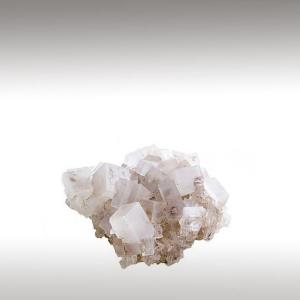
SEA SALT - INGREDIENTS

BASE / GENERAL DATA
Information submited: February 18, 2015 Modified: June 4, 2018 By: OperaDreamhouse
Sea Salt is salt produced from the evaporation of seawater. It is also called Bay Salt or Solar Salt. Like mineral Salt, production of Sea Salt has been dated to prehistoric times. Some cooks believe it tastes better than Salt from mines. However, there is little or no health benefit to using Sea Salt over other forms of Sodium Chloride Salts.
The chemical composition of Sea Salt is typically the same as the ions dissolved in seawater. The typical composition by dry weight percent includes: 55.5% Chloride, 30.8% Sodium, 7.7% Sulfate, 3.7% Magnesium 1.2% Calcium, 1.1% Potassium.
Sea Salt is mentioned in the Vinaya Pitaka, a Buddhist scripture compiled in the mid-5th century BC. The principle of production is evaporation of the water from the sea brine. In warm and dry climates this may be accomplished entirely by using solar energy, but in other climates fuel sources have been used.
The chemical composition of Sea Salt is typically the same as the ions dissolved in seawater. The typical composition by dry weight percent includes: 55.5% Chloride, 30.8% Sodium, 7.7% Sulfate, 3.7% Magnesium 1.2% Calcium, 1.1% Potassium.
Sea Salt is mentioned in the Vinaya Pitaka, a Buddhist scripture compiled in the mid-5th century BC. The principle of production is evaporation of the water from the sea brine. In warm and dry climates this may be accomplished entirely by using solar energy, but in other climates fuel sources have been used.
Modern Sea Salt production is almost entirely found in Mediterranean and other warm, dry climates.

SPIRITUAL PRACTISES DATA

MEDICINE / HEALTH DATA

BEAUTY / COSMETICS DATA

FOOD / COOKING DATA
COMMENTS
No comments.
Newest mixtures containing Sea Salt:

Exotic - smelling body scrub
July 11, 2015

Raw white chocolate with coconut cream
February 18, 2015

Simple lemon and olive oil salad dressing
February 18, 2015


